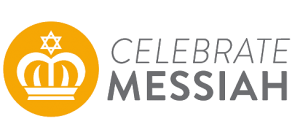Renewing the Significance of Hanukkah
Poor Hanukkah—for centuries it was a barely-noticed minor holiday in Judaism. What brought Hanukkah into the spotlight? Oddly enough, it was Christmas!
In the late nineteenth century, the Jewish people in Germany were among the most prosperous and most assimilated Jewish populations in the world. Eager to demonstrate they were good Germans, many were drifting away from Jewish identity and thought nothing of celebrating Christmas along with their Christian neighbors. Troubled by this trend, a gathering of Reform rabbis in Leipzig, Germany in 1871 resolved to encourage congregants to emphasize the celebration of Hanukkah, which happens to fall around the same time of the year.
Not many years later, American Jews were faced with the same dilemma. Jewish immigrants from Europe, wanting to show what good citizens they were, jumped on the Christmas celebration bandwagon. The Jewish Daily Forward in New York City reported, “Who says we haven’t Americanized? The purchase of Christmas gifts is one of the first things that proves one is no longer a greenhorn (new arrival).” But by the late 1920s, Hanukkah had begun to come into its own, as rabbis here took the same stand as their colleagues in Germany.
The establishment of the State of Israel in 1948 highlighted one vital dimension of the Hanukkah story. Jews around the world could identify with tiny Israel’s valiant efforts to gain and retain its independence against great odds, just as the Maccabean freedom fighters of long ago had done.
Source consulted:
- Response to Modernity by Michael Meyer
- “Hanukkah, American Style” www.myjewishlearning.com


